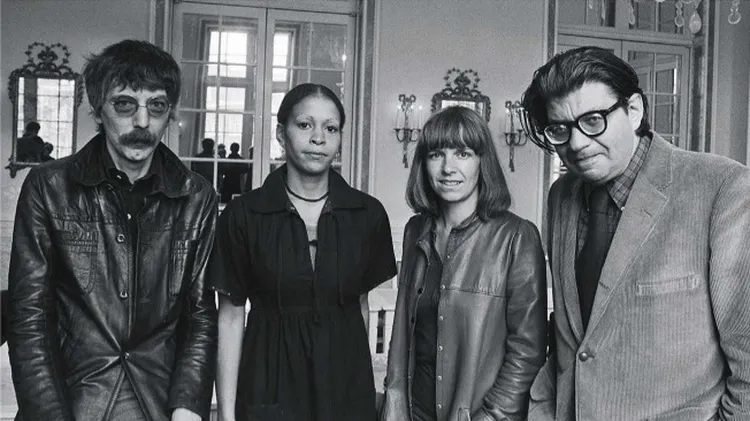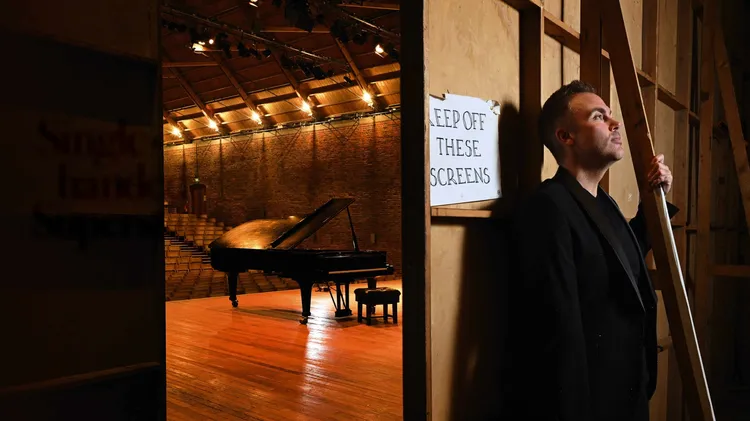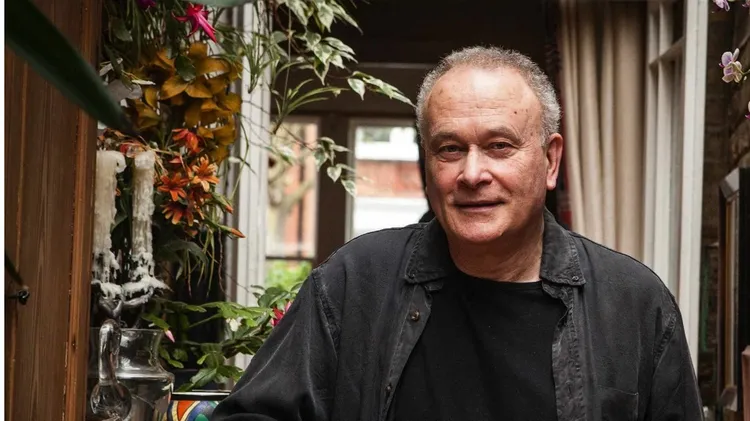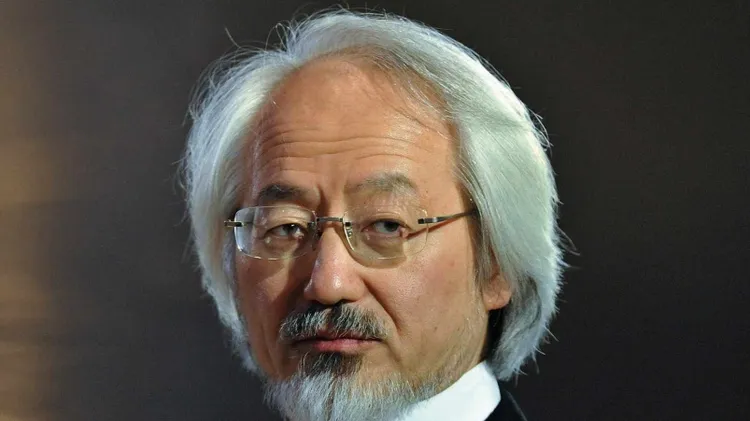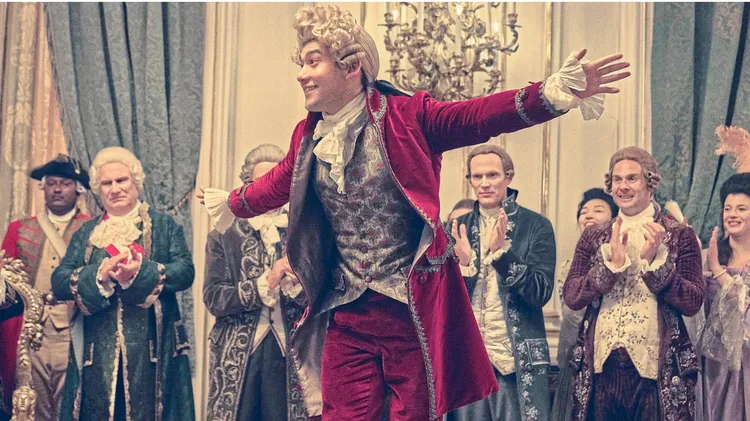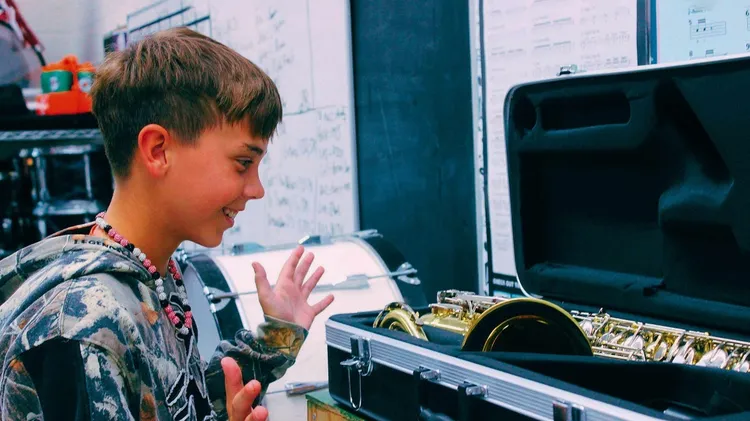Forget the hate-filled murderer of Mozart, says Alexandra Wilson; the real Sal
Antonio salieri
8 min read
This article is from...
Read this article and 8000+ more magazines and newspapers on Readly

